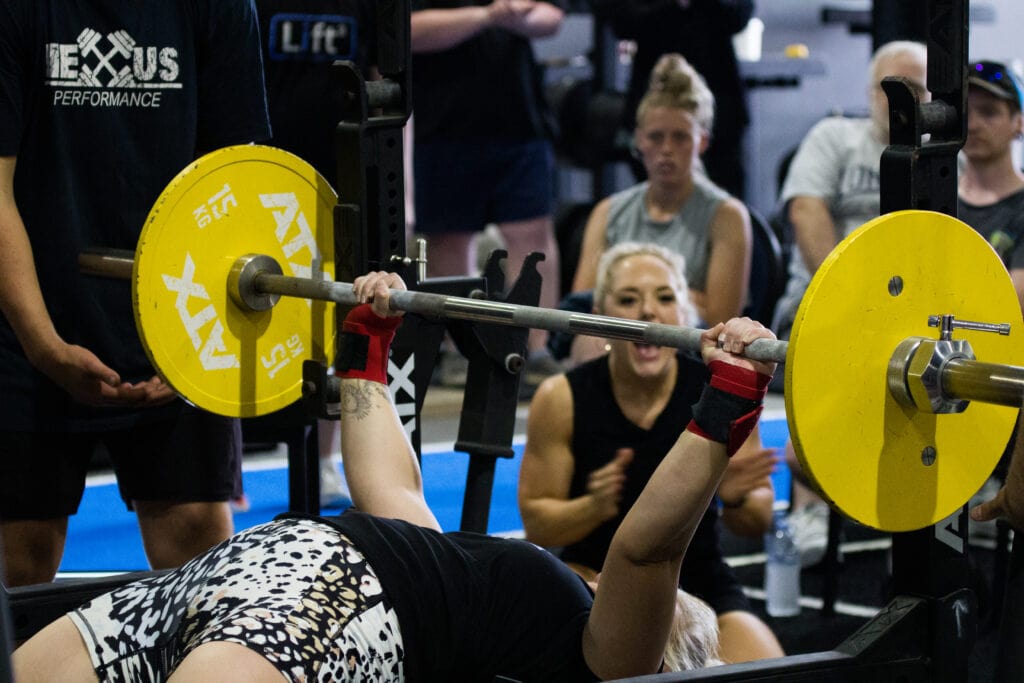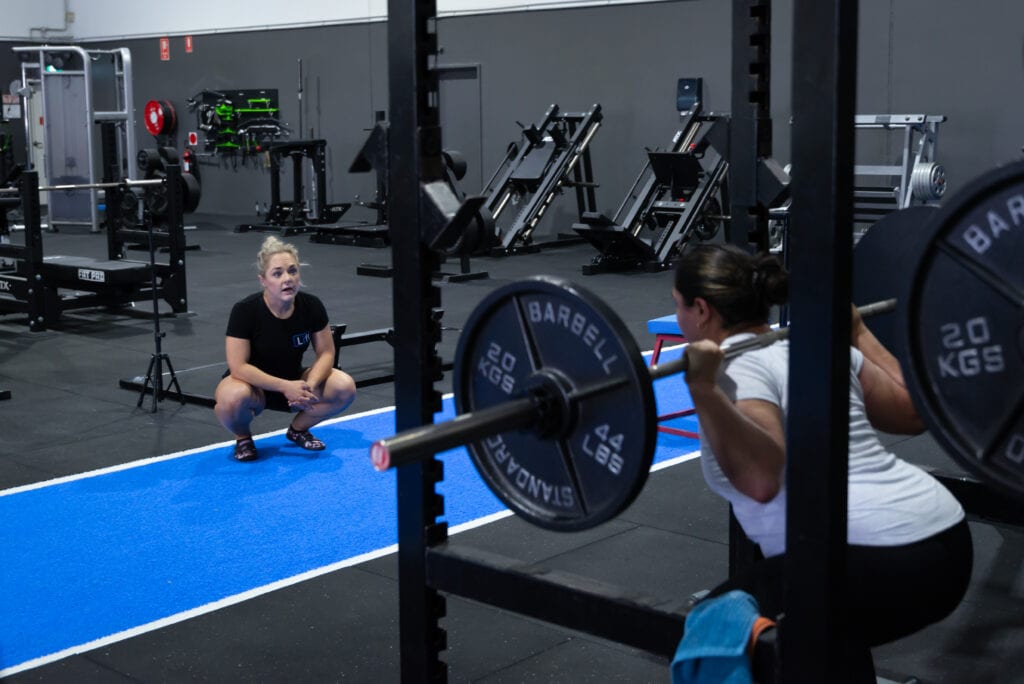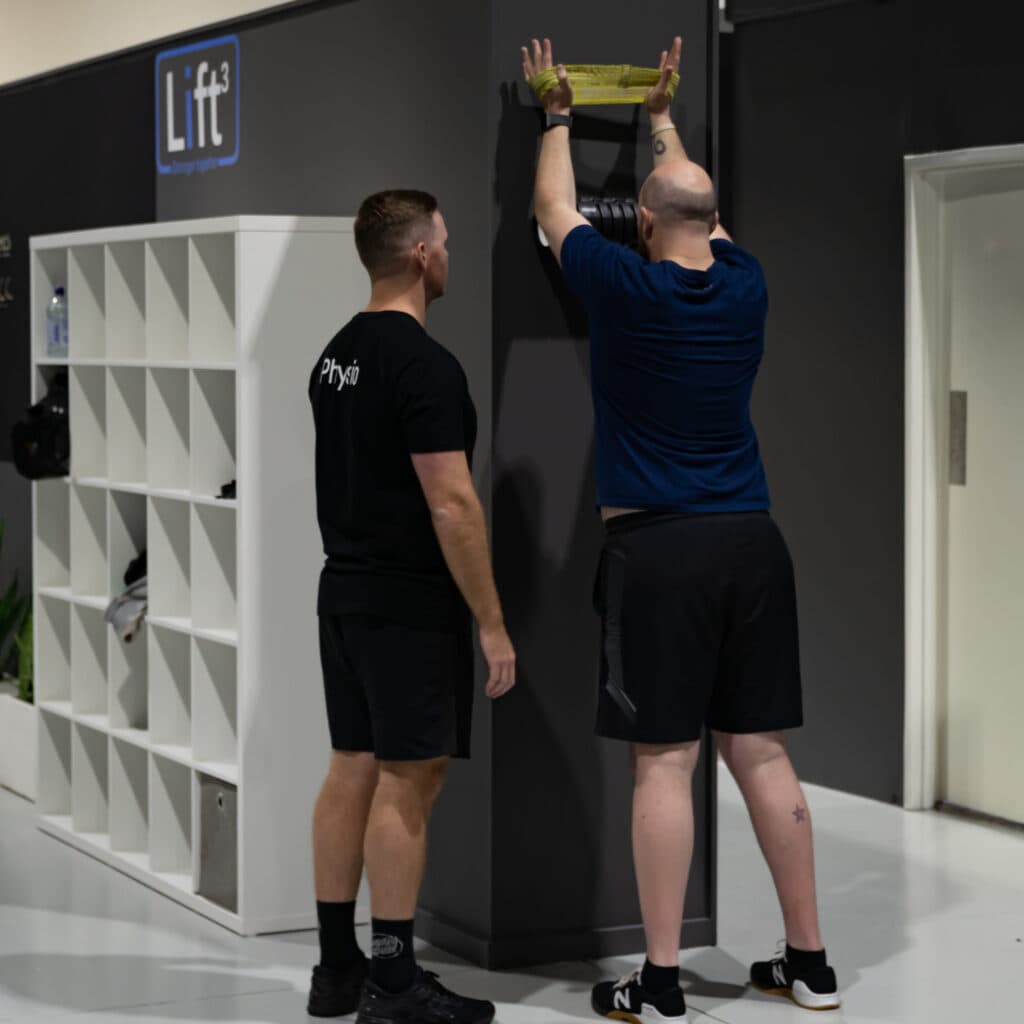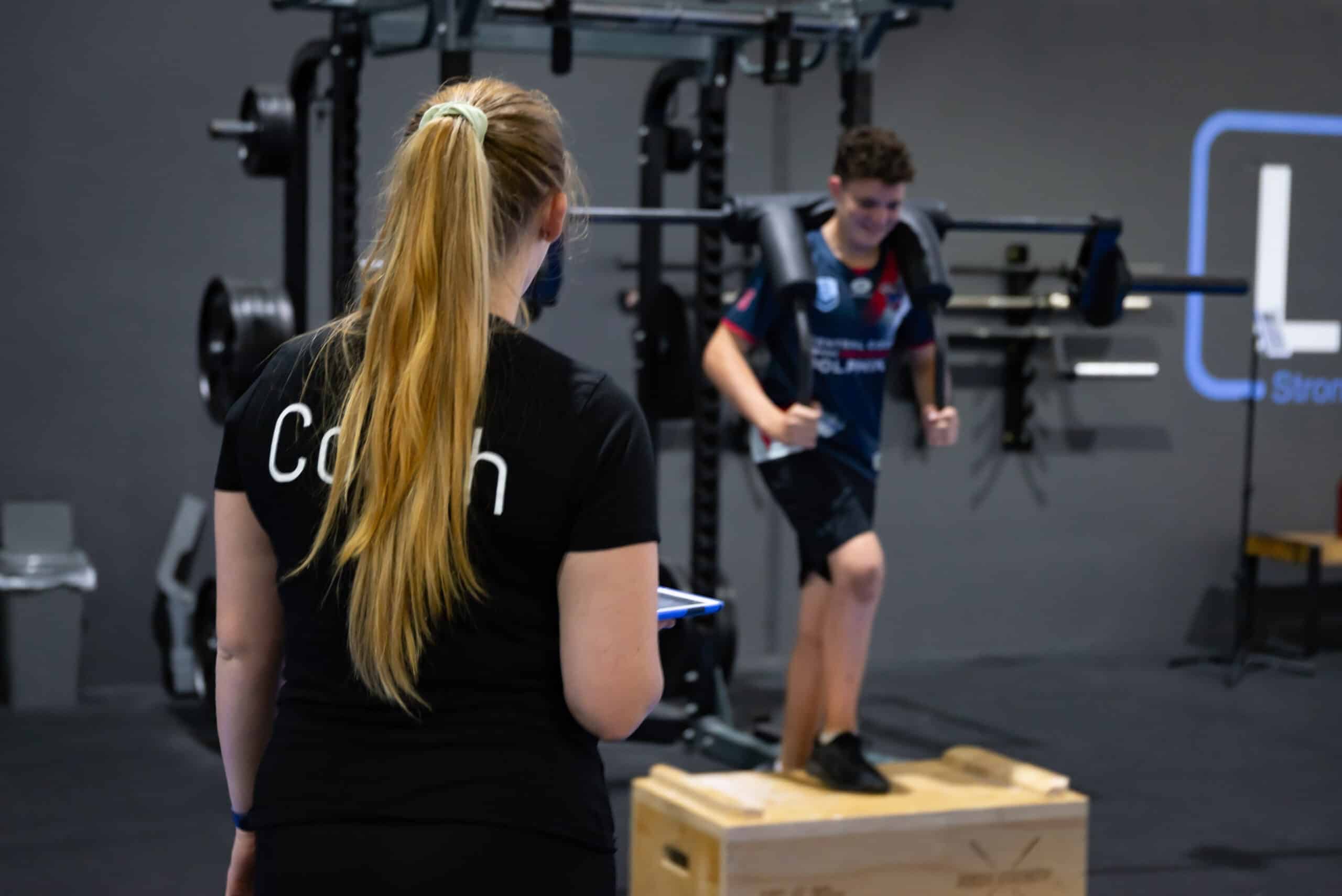Trainer vs. Coach
In today’s fitness industry the terms Personal Trainer and Coach are interchangeable. They both work with people around their health. So is there any real difference? And if there is a difference what does it mean for someone who wants to improve their health?
What is the Difference Between Personal Trainers and Coaches?
There are two core differentials between Personal Trainers and Coaches. Let’s look at the differences and why at Lift3 we call our Coaches Coaches and our service is Personal Coaching.
First, what’s the google definition of Personal Training?
“A personal trainer is an individual who has earned a certification that demonstrates they have achieved a level of competency for creating and delivering safe and effective exercise programs for apparently healthy individuals and groups or those with medical clearance to exercise.”
Using this definition, I want to unpack our two differences between Personal Trainers and Coaches so let’s start with the first half.
“A personal trainer is an individual who has earned a certification that demonstrates they have achieved a level of competency”

What Certifications Do Personal Trainers and Coaches Need?
Qualification is a clear indicator in our opinion between Trainer and Coach.
The minimum personal training certification in Australia for a Personal Trainer is a Certificate 3 and 4. (3 is for group fitness and 4 is for personal training)
Unfortunately the fitness industry has a high turnover of Personal Trainers. With as many joining the industry each year as leaving it.
There are a few reasons for this. The major one being that the certification often don’t prepare the trainers for the reality of business, so it can become very hard to make a living.
The side effect of this high turnover is that it’s created a huge market for the education of personal trainers and reduced the barrier to entry.

Completing Personal Training Courses Online
It’s not uncommon to have Personal Trainers who have completed a six week online course, with no practical element, let loose on the general public. This means they don’t have any real world experience of working with different populations. Not only that but they have no real experience or knowledge on how to program over the long term with their clients. How often have you been in a gym and seen a Personal Trainer grab some equipment with their client because it’s free?
This leads us into our second differentiation between Trainers and Coaches.
“for creating and delivering safe and effective exercise programs for apparently healthy individuals and groups or those with medical clearance to exercise.”
Personal trainers aren’t equipped as standard to work with anyone other than “apparently healthy individuals”. In our experience apparently healthy individuals are far and few between. Part of the reason at Lift3 we have integrated Physiotherapy into our gym, is that we realised how much help the majority of people needed. The other part of this is the program side, with little to no business education Personal Trainers work on a session to session basis. It’s very hard to plan a program over the long term when you have no guarantee that you will see the client again. So sessions are then designed to get the client sweaty and give them the slight endorphin hit to give them the feeling of having done something. We’re not knocking the endorphin hit, we wonder whether chasing endorphin hits works in a long term program?

What Makes a Personal Coach?
So now that we understand personal training a little better, what makes up a coach? In our opinion. A coach takes the gaps in personal training and builds on them, to create a more robust and well rounded experience.
Starting with entry requirements, Coaches generally will have a tertiary level qualification such as a degree in Exercise Science. These aren’t acquired through a six week online course. There is a lot more in depth discussion and knowledge acquisition along with mandatory practical experience. Individuals with Personal Training qualifications can also become coaches by expanding and building on their knowledge base through additional qualifications and certifications such as becoming an ASCA (Australian Strength and Conditioning association) coach.
How Is This Extra Knowledge Beneficial?
All of this additional knowledge and qualification is done with the purpose of equipping the Coaches with the ability to then work with more than “apparently healthy individuals” and start working with more confidence around issues. The extra ability also means that a coach is far more capable of working closely with Allied Health professionals such as Physiotherapists, Chiropractors, Sports Nutritionists to achieve far greater outcomes. The other key difference we see in coaches is the ability to look at the bigger picture.
This can generally be helped by better business practices such as client agreements for regular sessions, whereby they look at the clients individual goals and create a holistic program to get them there by the quickest and most effective route possible.

So what does this mean for you as a client?
What if you aren't a 'healthy client'?
The benefits for you as a client to work with a coach are clear.
Work towards a long term goal with a thought out and considered holistic program built around your life and body. Work with individuals who are qualified to care for the individual requirements. Use tried and tested training methodologies to achieve long term sustainable results. So if you’ve tried personal training and it didn’t work out how you would have hoped, we’d suggest looking further into the trainer, as they aren’t all the same.
Want to go further, get in touch and we’ll see how we can help


